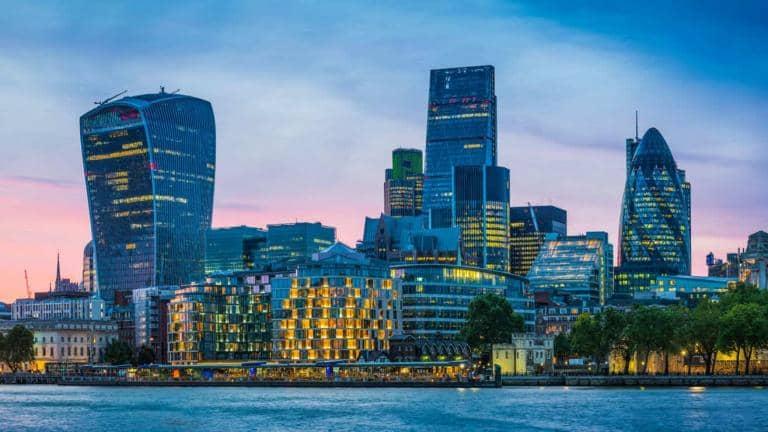
Investing for beginners
If you’re new to investing, it’s not always easy to know how to get started. We explain the basics of investing, including how different types of investment work, why it’s important to take a long-term view, and how to begin building an investment portfolio.






